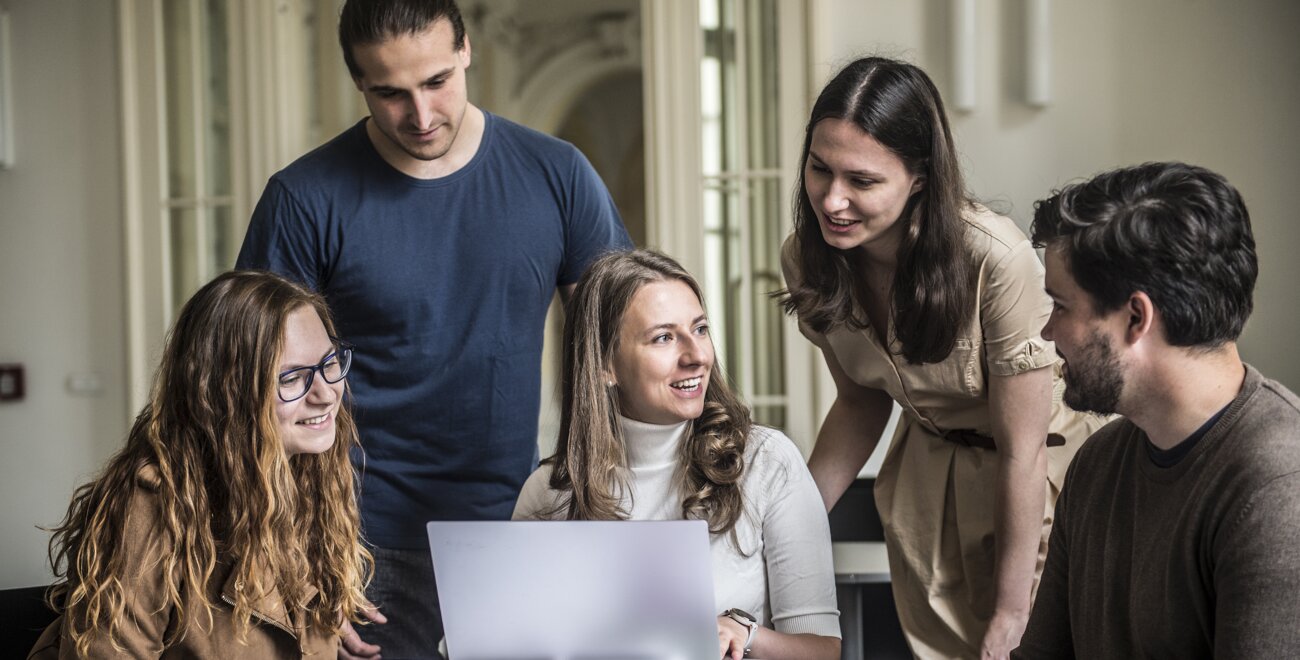There is currently a strong demand for information technology professionals, which will continue for some time to come, given current trends. Knowing how to program is now an essential engineering skill. In the OI study programme, you will learn to understand the functional principles of electronic components, which will facilitate your study of computer science.
Characteristics of the OI study programme
The Open Informatics (OI) study programme emphasises theoretical knowledge and practical insight in electronic systems, artificial intelligence, machine learning, graphics and games, intelligent software and the Internet of Things.
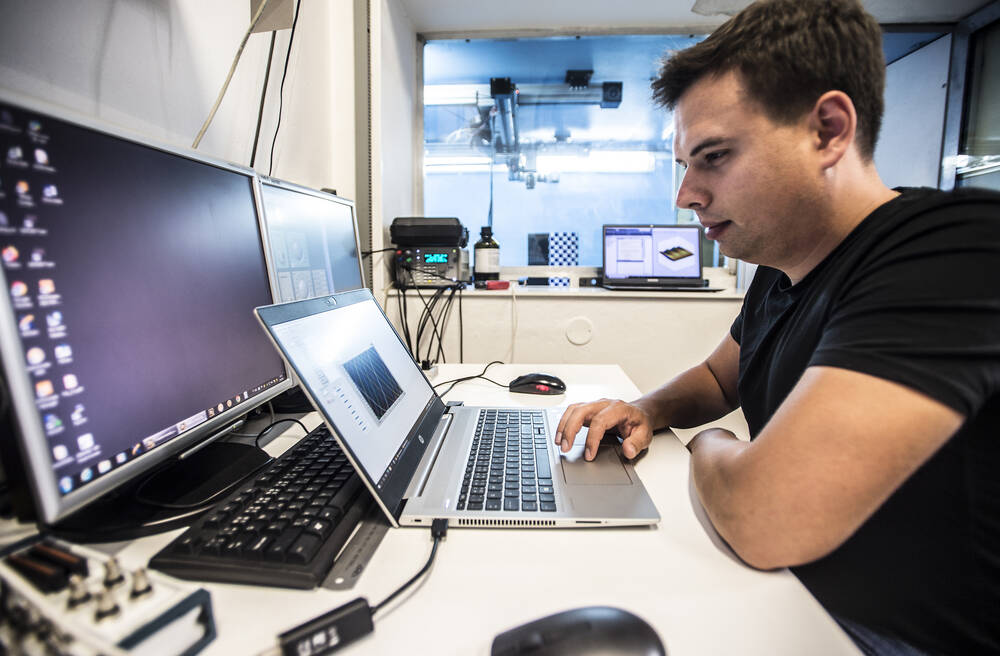
Top-level informatics
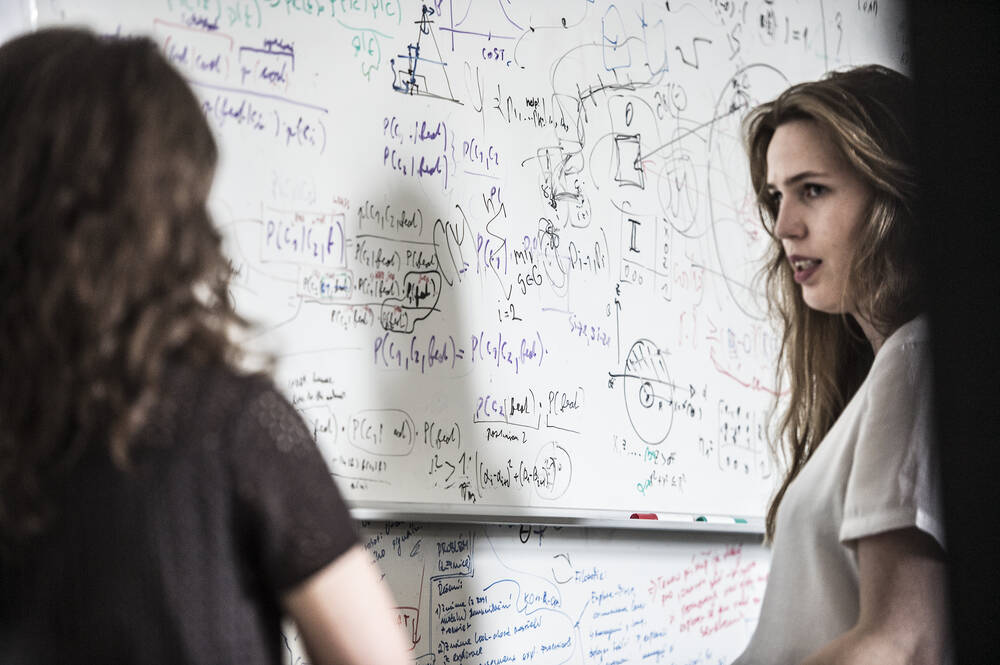
Deepening knowledge of computer science
Computer Science (CS) is the part of informatics that uses mathematics to program systems to work more efficiently. Computer scientists then implement the computational principles that underpin all software. As a computer scientist, you can work on creating intelligent systems or computer games and multidisciplinary electrical engineering and computer hardware projects, including robotic systems.
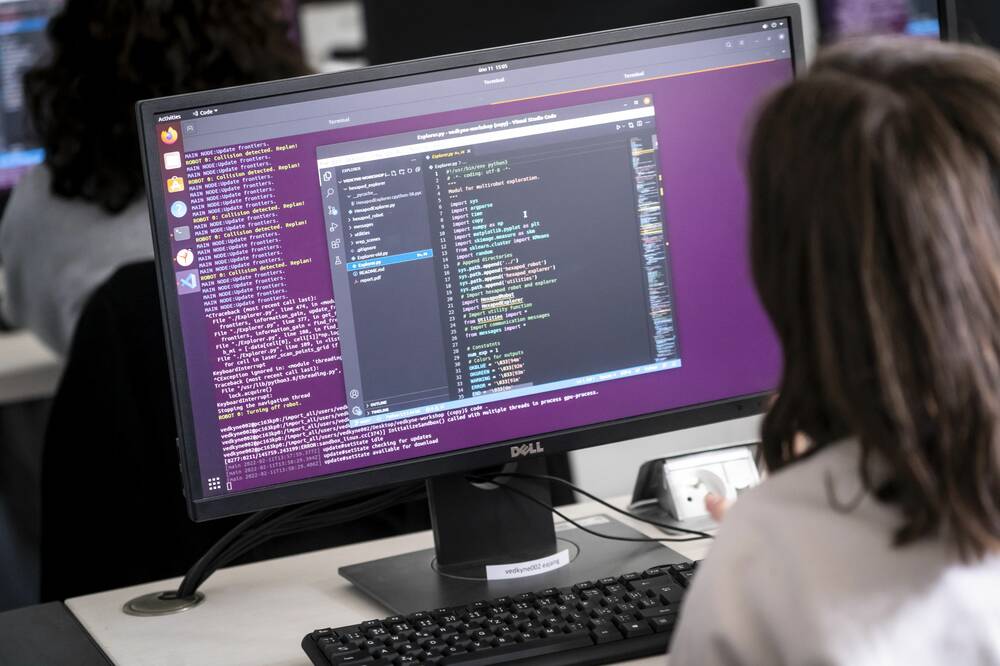
Perfect programming skills
You will learn to program in Python, focusing on the readability and correctness of programs (not just functionality). You'll also expand your programming language portfolio with object-oriented programming in Programming in JAVA.
Programming is primarily a skill that requires systematic and long-term training. Depending on your later specialisation, you will also encounter declarative or functional programming and other programming languages - for example, the modern Julia language suitable for scientific computing.
Learning style
We focus on both theory and practice. You will soon get to practical tasks from the necessary theory at OI. We equip students with the knowledge to design electronic systems and construct electronic devices or their components, as well as knowledge of the functional principles of electronic components and integrated circuits.
What you will learn
- You will focus on mathematics, algorithmization, and programming, which you will apply to solving problems using computational means.
- In computer science or information technology, you will gain universal knowledge and general skills applicable to further study and practice.
- You will be able to identify and approach open technical problems in a research, technical, and commercial manner.
- You will combine majors and courses according to what you enjoy and what you want to do (a combination of major and minor).
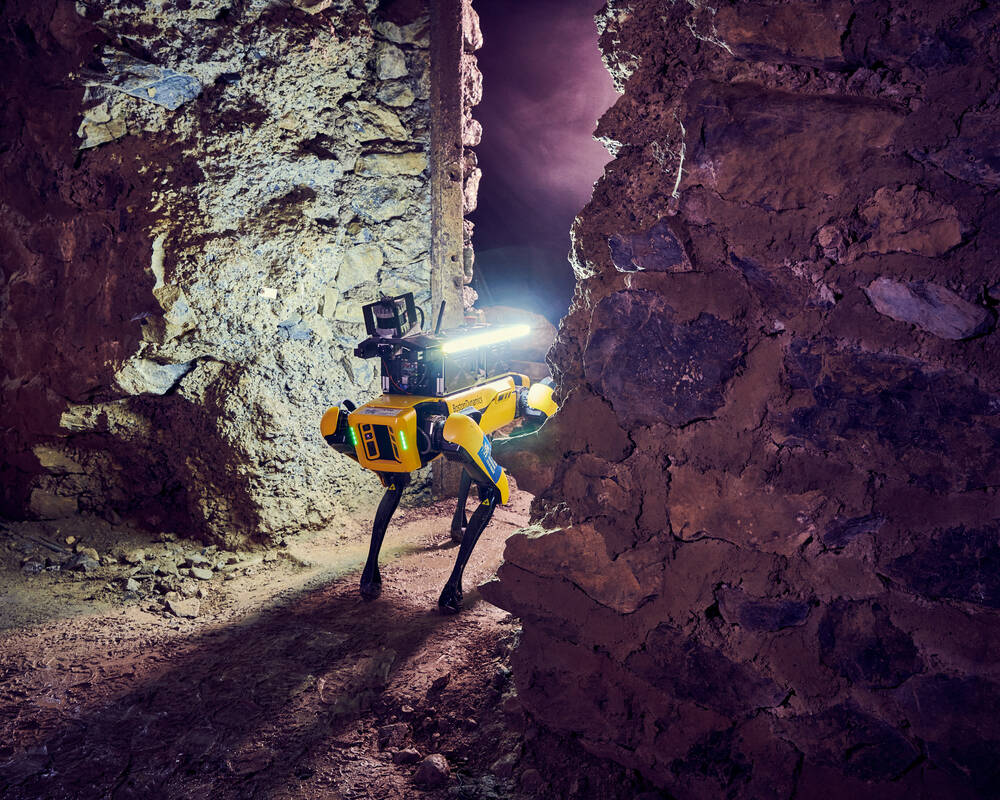
Physics and mathematics can help
Apply your knowledge of physics and mathematics to design particular technologies - electronic systems, communications and networks, audio-visual and signal processing - that will help people for many years to come.
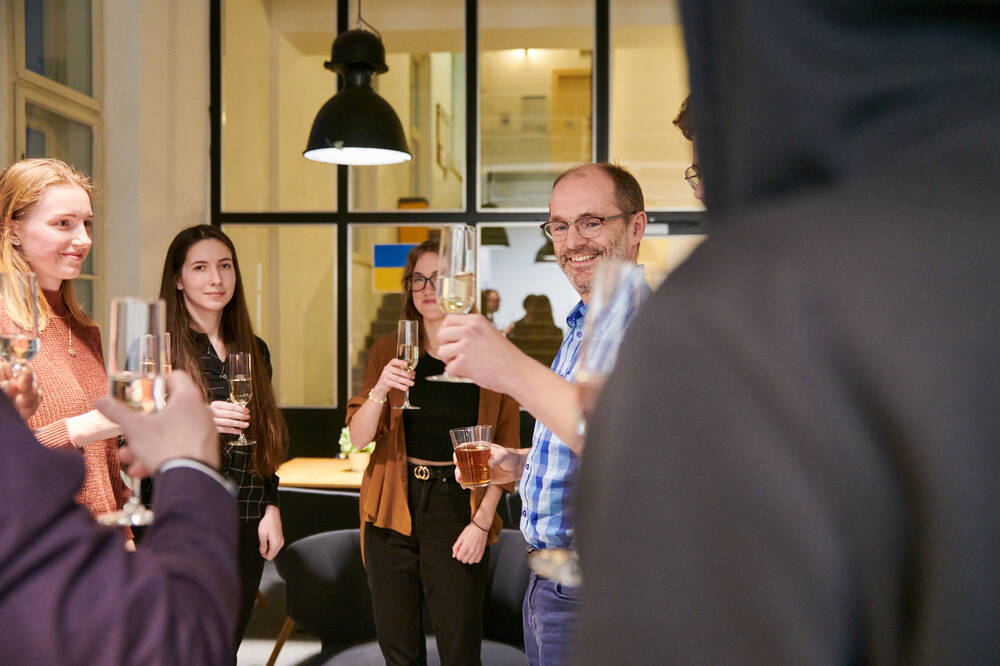
Top ranks among faculties of informatics
The OI study programme focuses on areas where FEE CTU achieves world-renowned results: artificial intelligence, computer vision and graphics, HCI, mobile systems, etc. FEE CTU regularly ranks at the top of the evaluation of computer science faculties, mainly thanks to the foreign experience of its teachers and the number of Ph.D. students in the first place.
Cooperation with important subjects
Projects funded by e.g. NASA (USA), Air Force Research Laboratory - AFOSR (USA) and EOARD (UK), Office of Naval Research (USA), Toyota Motor Europe (BE), the European Commission and other major institutions - this is just a selection of companies with which the OI study programme has long collaborated.







What else does OI offer?
- Opportunities to join research groups that address systems for designing communication messages, systems for navigating the visually impaired, civil and unmanned aerial vehicles, or cybersecurity algorithms.
- The OI study programme focuses on areas where FEE CTU is achieving world-renowned results: artificial intelligence, computer vision and graphics, HCI, mobile systems, etc.
- Laboratories for almost all professional subjects, offering the opportunity to try things that you would otherwise find hard to get to.

Why study at FEE CTU
We combine electronics and computer science in all study programmes of our faculty. Soldering irons, ones and zeros. We teach you how to invent, build and program things. With an emphasis on individual approach, timeless education and 100% employment immediately after graduation.


